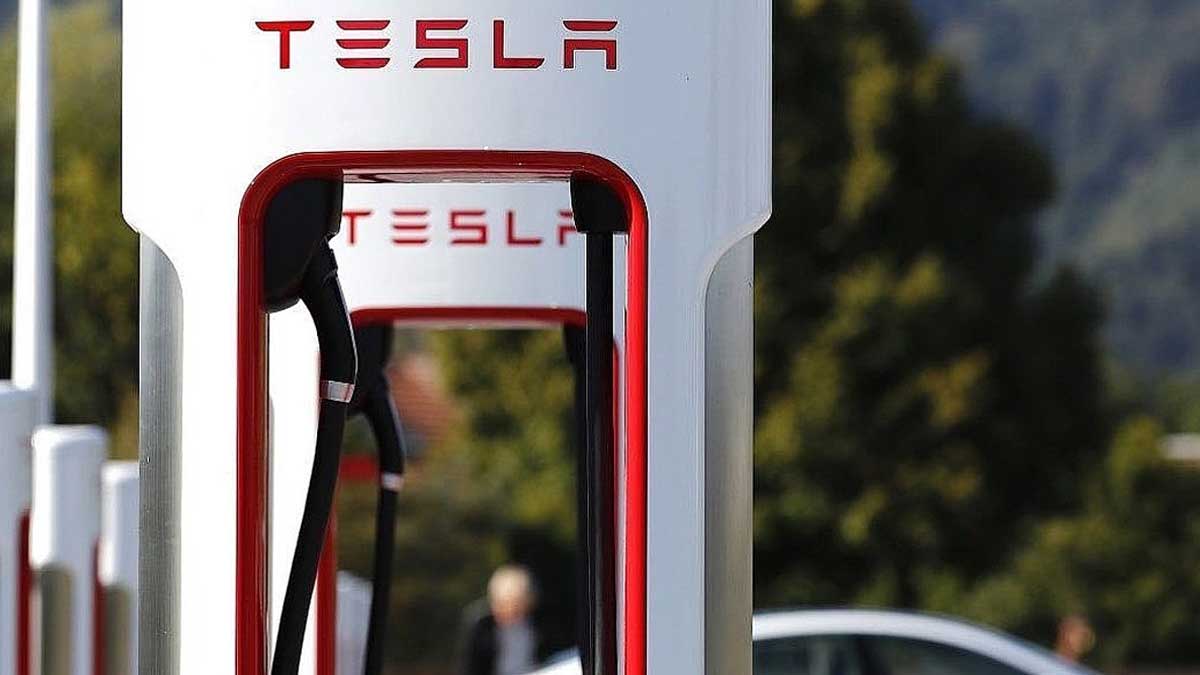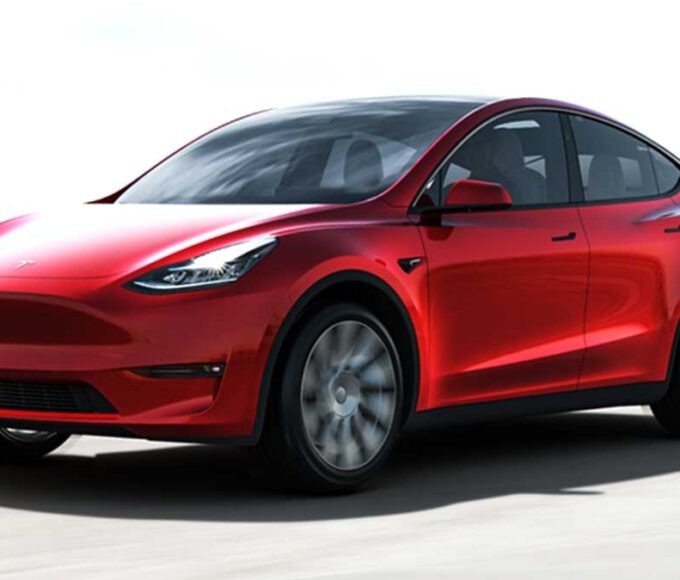- Home
- Billionaires
- Investing Newsletters
- 193CC 1000
- Article Layout 2
- Article Layout 3
- Article Layout 4
- Article Layout 5
- Article Layout 6
- Article Layout 7
- Article Layout 8
- Article Layout 9
- Article Layout 10
- Article Layout 11
- Article Layout 12
- Article Layout 13
- Article Layout 14
- Article Sidebar
- Post Format
- pages
- Archive Layouts
- Post Gallery
- Post Video Background
- Post Review
- Sponsored Post
- Leadership
- Business
- Money
- Small Business
- Innovation
- Shop
Recent Posts
Musk Denies Tesla Scrapping Cheap EV for Robotaxis

Elon Musk, the billionaire CEO of Tesla, has vehemently denied recent reports suggesting that Tesla is scrapping plans for its long-awaited, affordable electric vehicle. The project, a cornerstone of Musk’s vision for Tesla, was expected to launch next year but has allegedly been shelved in favor of redirecting resources towards the development of self-driving robotaxis.
Reports from Reuters indicate that Tesla made the decision in the past few weeks to halt work on the affordable electric vehicle, opting instead to focus on advancing its self-driving technology. This shift in strategy, if true, marks a significant departure from Musk’s longstanding commitment to making electric vehicles more accessible to the general public. In January, Musk assured investors that Tesla was on track to release an entry-level electric vehicle priced around $25,000 by the latter half of 2025.
Musk took to his social media platform, X (formerly known as Twitter), to refute the Reuters report, simply stating, “Reuters is lying (again),” without offering further details to clarify the situation. Despite Musk’s denial, Tesla’s stock experienced a 1.8% decline following the news, though it began to recover later in the day.
The timing of this news is noteworthy, as it comes on the heels of Tesla’s announcement of its first negative quarterly delivery growth since 2020. The company reported delivering approximately 387,000 vehicles in the first quarter of the year, significantly below the average analyst forecast of 457,000, citing supply chain disruptions following an arson attack at its Berlin factory in March as a contributing factor.
Tesla’s reported decision to halt work on the affordable electric vehicle reflects broader challenges facing the electric vehicle market. Despite increasing interest in electric vehicles, demand has not met expectations, posing difficulties for Tesla. The company’s stock performance this year reflects these challenges, with Tesla being the worst-performing major stock, experiencing a decline of over 30% year-to-date.
The slowdown in demand for electric vehicles is compounded by increasing competition, particularly from Chinese companies that can produce electric vehicles at lower costs. This competitive pressure, coupled with higher car loan interest rates and a reduction in government subsidies for electric vehicles, has further dampened demand.
In contrast to Tesla’s struggles, BYD, a Chinese competitor, offers a range of low-cost electric vehicles, including one priced at less than $10,000. Reuters reported that BYD plans to export this model and offer it for around $20,000, underscoring the intense competition Tesla faces in the electric vehicle market.
Recent Posts
Categories
- 193cc Digital Assets2
- 5G1
- Aerospace & Defense46
- AI37
- Arts3
- Banking & Insurance11
- Big Data3
- Billionaires449
- Boats & Planes1
- Business328
- Careers13
- Cars & Bikes76
- CEO Network1
- CFO Network17
- CHRO Network1
- CIO Network1
- Cloud10
- CMO Network18
- Commercial Real Estate7
- Consultant1
- Consumer Tech180
- CxO1
- Cybersecurity68
- Dining1
- Diversity, Equity & Inclusion4
- Education7
- Energy8
- Enterprise Tech29
- Events11
- Fintech1
- Food & Drink2
- Franchises1
- Freelance1
- Future Of Work2
- Games141
- GIG1
- Healthcare78
- Hollywood & Entertainment186
- Houses1
- Innovation42
- Investing2
- Investing Newsletters4
- Leadership65
- Lifestyle11
- Manufacturing1
- Markets20
- Media193
- Mobile phone1
- Money13
- Personal Finance2
- Policy567
- Real Estate1
- Research6
- Retail1
- Retirement1
- Small Business1
- SportsMoney33
- Style & Beauty1
- Success Income1
- Taxes2
- Travel10
- Uncategorized8
- Vices1
- Watches & Jewelry2
- world's billionaires418
Related Articles
Tesla Recalls 700,000 Vehicles Over Tire Pressure Issue
Tesla has announced its latest recall of nearly 700,000 vehicles in the...
By 193cc Agency CouncilDecember 20, 2024MicroStrategy Stock Rallies on Nasdaq 100 News
Shares of MicroStrategy surged on Monday following the announcement that the company...
By 193cc Agency CouncilDecember 16, 2024Stanley Recalls Millions of Mugs After Burn Injuries
In a significant recall, Stanley, the well-known brand behind popular stainless steel...
By 193cc Agency CouncilDecember 12, 2024Adobe Shares Drop 12% After Lowering Revenue Outlook
Shares of Adobe experienced a significant drop of over 12% on Thursday,...
By 193cc Agency CouncilDecember 12, 2024















Leave a comment